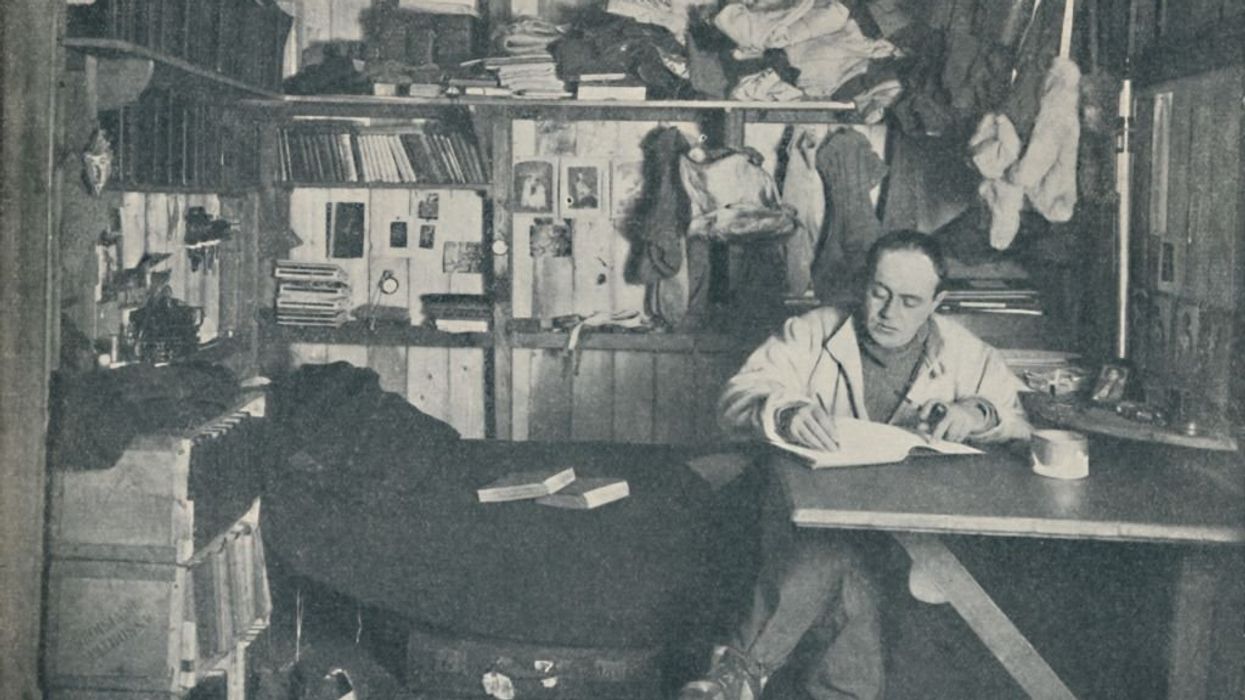
© 2024 Blaze Media LLC. All rights reserved.
Although the U.S. economy has performed poorly over the last couple of years, Americans have lucked out with relatively low inflation (emphasis on the word "relatively"). However, there's little reason to believe that the prices you pay today will stay where they are -- meaning 2012 will most likely bring about increases to your everyday costs as well as some luxury items.
But which prices are going to fluctuate? you may ask. It would be nice to know so that I can prepare.
Well, never fear: dealnews has compiled a list of the price adjustments consumers can expect to see in 2012.
"This week, we read the economic tealeaves to see what will be more expensive in the year 2012," writes Laura Heller. "Some increases seem almost customary, like ever-rising gas prices, while others, like a potential 25 percent hike on tap water, are more surprising."
Here is of a list of the products that will probably see a price increase in 2012 (majority of block-quote information via dealnews):
1. Domestic and International Airfare
Greater demand and fewer available airline seats will likely lead to higher ticket prices for flights next year. American Express predicts prices within North America will increase up to 5 percent for economy seating, depending on the length of the flight, and up to 7 percent in business class.
Things look more bleak for European travel. A new "green tax" implemented by the EU is aimed at reducing emissions, and it will levy a fee of roughly $15 per passenger, each way, for flights to and from the U.S. Fees on shorter flights within the EU will be taxed slightly less.
2. Groceries
If your grocery bill seemed higher in 2011, you weren't imagining things. Most retailers have reported that food prices are rising and those increases are being passed along to shoppers.Food costs rose 6 percent last year and will likely go up at least 2 percent more in 2012. Increases are likely to affect food eaten at home, rather than restaurants where those costs are easier to absorb when combined with sales of liquor, says Harry Balzer, Chief Industry Analyst for the NPD Group.
3. City-Enforced Fees
As municipalities look for ways to make up for budget shortfalls, fees for everything from dog licenses to vehicle registration and parking rates are going up, as is enforcement of fine-related infractions.In Chicago for example, a non-registered dog can elicit a $500 fine, while parking fines in Portland are going up 18 percent as the city tries to make up a $16 billion transportation budget deficit.
4. Water
Most communities in the United States will face water rate hikes this year, even places that are rich with the natural resource. Water rates in the greater Chicago area will increase by as much as 25 percent next year, while the parched high desert Denver market is set to rise an additional 5.5 percent. Like the above-mentioned fees, this increase is mostly a result of cities needing to increase revenue to balance their budgets.
However, there is another reason several cities have seen an increase in their water rates.
As reported earlier on The Blaze:
Sewage and water rates (on average) have increased faster than inflation because the federal government has demanded that cities replace their “worn-out” sewer facilities to meet federal clean-water standards.
Consequently, attempts to finance these new facilities has cost some cities millions of dollars.
5. Gas
Fuel prices began inching up just before the holidays, and 2012 is looking to be another budget-breaking year at the pump, with prices once again topping $4 per gallon.
But why should we expect to see this increase?
Gregg Laskoski, a senior petroleum analyst for GasBuddy.com, explains why consumers should expect to "see trouble ahead":
Because for the past seven years the average price movement from the national average "floor" on December 31 to the "peak" price recorded in the next 12 months has averaged 93 cents per gallon.In three of the last seven years, the spread between the "floor" price and the peak exceeded $1 per gallon and only once in the past seven years was the spread below 82 cents per gallon. And, while we typically anticipate "peak" prices to occur in the midst of the summer driving season, you'll see in the chart below that in two of the last three years the peak has occurred in October and December...
While past performance is no indication of future prices, if the national average and the price of gas in your state doesn't move much closer toward $3 per gallon by the year's end, next year when gas prices "spring ahead" many of us may be paying $4 or more…possibly a lot more.
6. Gold
The precious metal is poised to achieve its 11th straight year of growth. Gold prices bounced around a lot in the second half of 2011, but analysts expect it to rise roughly 12 percent in 2012.It's a conservative estimate and a lot lower than the 17 percent annual growth rate of the past decade, but most believe gold will be more expensive. Take that to the bank.
See what five other items might increase in price next year.
(h/t The Consumerist)
Want to leave a tip?
We answer to you. Help keep our content free of advertisers and big tech censorship by leaving a tip today.
Want to join the conversation?
Already a subscriber?
more stories
Sign up for the Blaze newsletter
By signing up, you agree to our Privacy Policy and Terms of Use, and agree to receive content that may sometimes include advertisements. You may opt out at any time.
© 2024 Blaze Media LLC. All rights reserved.
Get the stories that matter most delivered directly to your inbox.
By signing up, you agree to our Privacy Policy and Terms of Use, and agree to receive content that may sometimes include advertisements. You may opt out at any time.








